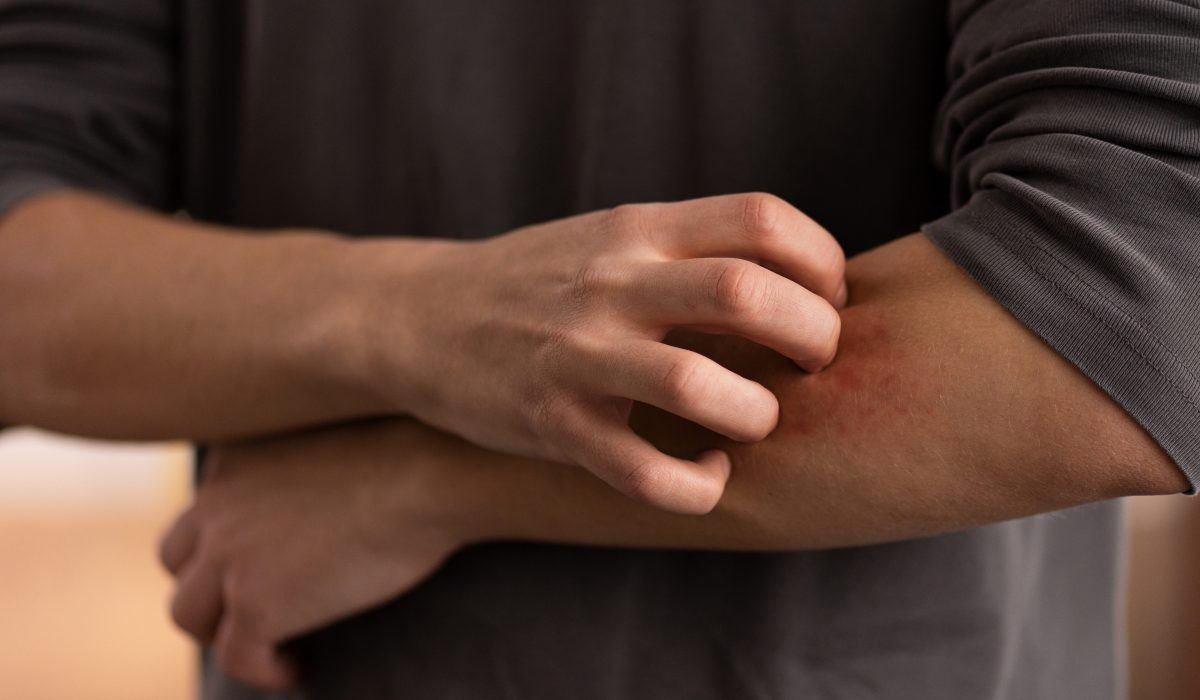Introduction: Understanding Allergic Reactions and Anaphylaxis
Allergic reactions happen when your body reacts to something harmless, like certain foods or insect stings. Sometimes, these reactions can be mild. However, a severe allergic reaction, called anaphylaxis, can be life-threatening. Knowing the signs of anaphylaxis can save lives. In this blog, you will learn how to recognize anaphylaxis symptoms and what to do in an emergency.
Common Symptoms of Mild and Severe Allergic Reactions
Allergic reactions can look different for each person. For example, some people may only have mild symptoms. Others may develop severe problems quickly. It is important to know the difference.
How to Recognize the Signs of Anaphylaxis
Recognizing anaphylaxis early is very important. Usually, symptoms appear within minutes of contact with an allergen. Sometimes, they can start later. Look for these warning signs:
If you notice any of these signs, act quickly. Anaphylaxis can get worse fast. Even if you are unsure, it is safer to treat the reaction as an emergency.
Immediate Steps to Take During a Severe Allergic Reaction
If you think someone is having a severe allergic reaction, you must act right away. Quick action can save a life. Here is what you should do:
Even after using epinephrine, the person needs medical care. Sometimes, symptoms can return.
When and How to Seek Emergency Medical Help
Always seek emergency medical help if you suspect anaphylaxis. Do not wait to see if symptoms get better. Call for help right away. Tell the operator that you think it is a severe allergic reaction. If you are in a city or region, ask for emergency care in your area. Quick treatment can prevent serious problems or death.
Prevention Tips and Lifestyle Guidance for Those at Risk
If you or someone you know is at risk for severe allergic reactions, there are steps you can take to stay safe. Here are some helpful tips:
With these steps, you can lower your risk and feel more prepared.
Importance of Prompt Diagnosis and Treatment
Early diagnosis and treatment of severe allergic reactions are very important. According to the CDC and WHO, quick use of epinephrine can save lives. Delaying treatment can lead to serious health problems or even death. Therefore, always take allergic reactions seriously. If you have a history of allergies, talk to your doctor about your risk and how to stay safe.
Conclusion: Take Action to Stay Safe
In summary, knowing how to recognize the signs of a severe allergic reaction can save lives. If you suspect a severe allergic reaction, seek emergency medical help immediately. Consult a healthcare professional for personalized advice and stay prepared for any situation.
